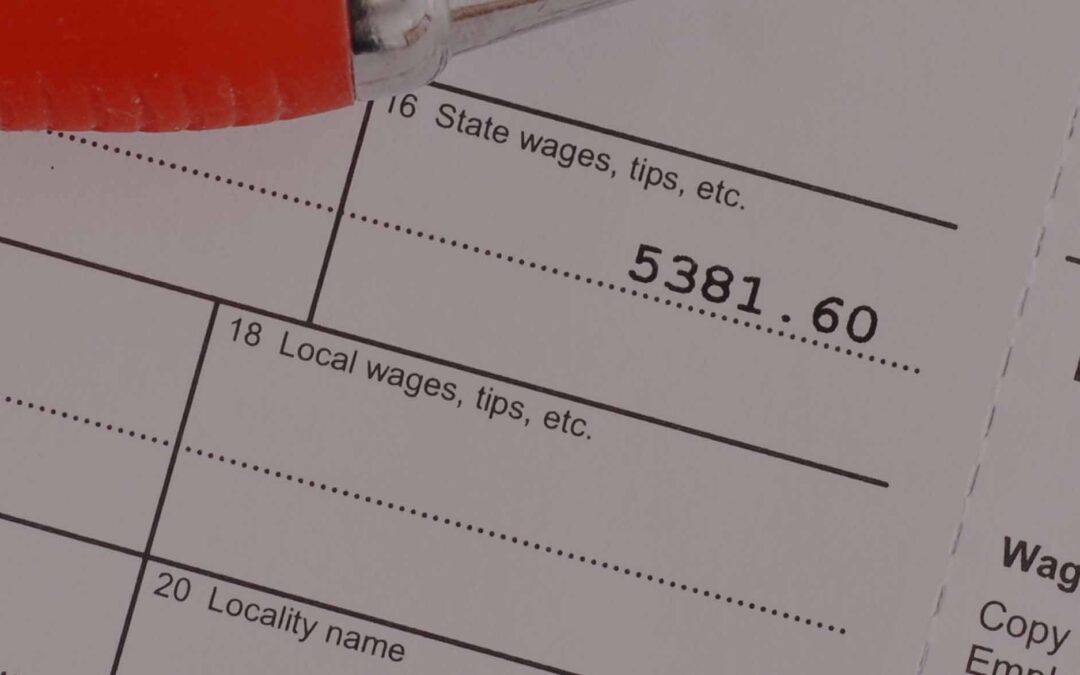Building a personal portfolio of valuable assets through hard work and dedication is a truly rewarding process. Once you’ve accumulated enough wealth to gain financial independence and freedom, you might think the hard part is over, but with a diverse portfolio spread across various investment classes, industries, and locations, it’s easy to lose track of where your money is going and how it’s performing. Managing your accumulated assets isn’t just a best practice, it’s a responsibility. Many advisors agree that maintaining accountability of your financial affairs through consolidation and regular review leads to the highest rates of return, optimized tax structure, and integrity of your estate plan.





